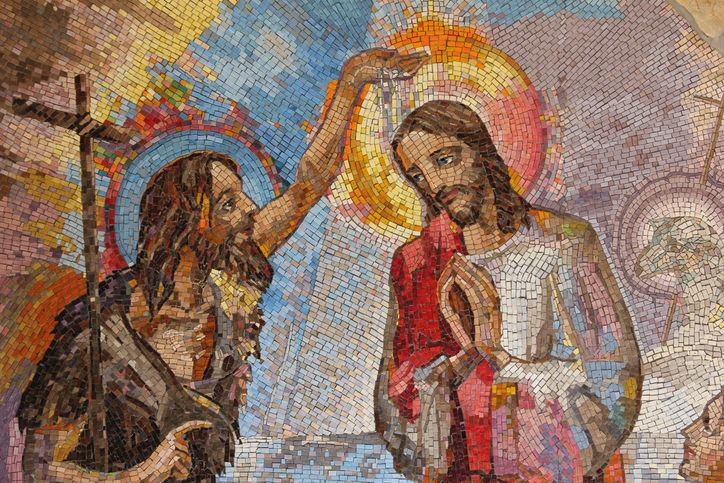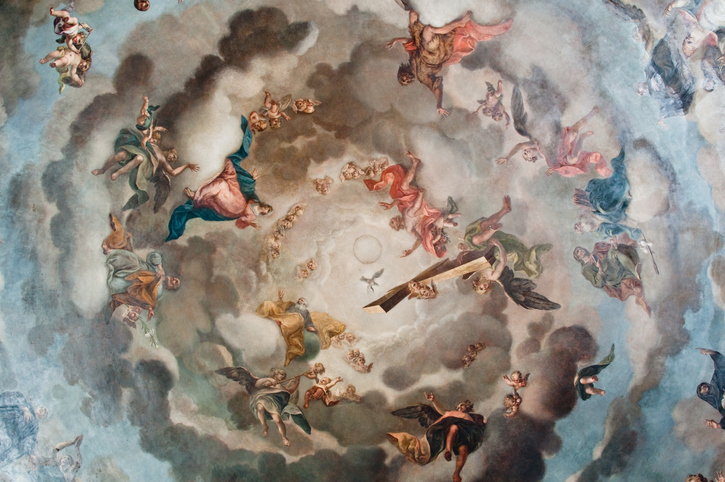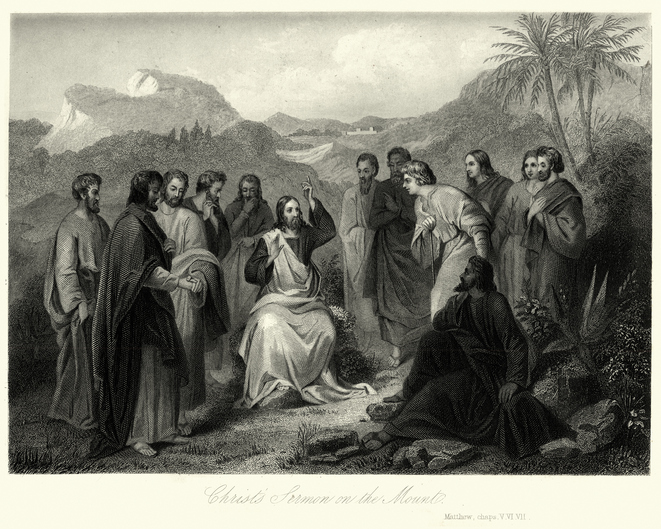“Every Saint Has A Past – Every Sinner A Future”
-Oscar Wilde
Let me tell you a story I heard on NPR’s Story Corps project, which is a collection of stories taped around the United States, told by real people and archived in the Library of Congress. A snapshot, you could say, of life in the USA. This story is about a woman whose teenage son was killed by another teenager in the heat of an argument. The young man was tried as an adult and sent to prison. While in prison, he spent a lot of time reflecting on what he had done and he was convinced that he needed the forgiveness of the mother whom he left without a son. After some time in prison, he started writing to her, asking her to forgive him. But he also asked if she would come to visit him. The woman would not. She could not find it in her heart to forgive and, in spite of the encouragement of her family and friends, refused to visit him in prison. However, after much time had passed, she finally relented and set up a prison visit. She fully expected to see a young teenaged boy there. She was very much taken aback when she saw before her a man, a man showing the effects of his incarceration. No longer a child. Her heart melted, and she took him into her arms in an embrace of understanding love. In that instant, she recounted in tears; her son was back.
When the man was paroled, she was there to meet him, took him into her home and helped him to adjust and to get a job. He, in turn, took her as his mother and did all he could to help her in her aging years. Over time, he bought a house only a few blocks from hers and continued to be her friend and her “son.”
I cried when I heard this story.
“There will be rejoicing among the angels of God over one sinner who repents.” “There will be more joy in heaven over one sinner who repents than over ninety-nine righteous people who have no need of repentance.”
Today’s Gospel has the ever-famous story about the shepherd who would not give up looking for the one sheep separated and lost from the herd. We’ve heard this many, many times. And did you ever wonder if it was worth it for the shepherd to spend so much time, travel so far, and, we presume, neglect the rest of the herd, to find this one sheep? Did you ever wonder? Just what was so special about this sheep. Or, perhaps, what is the difference if one little coin is misplaced? It was a lot of work for the woman to deep clean her house until she found it—found it with great rejoicing.
Look at the context of today’s parables. Jesus was dining with and enjoying the company of the, supposed, sinners of the day. At least in the eyes of the Pharisees. Tax collectors! Who were they that the Rabbi should spend time with them? Yes, just who were they? In reality, they are us!
How often have we not given another person a second chance? How often have we kept people locked in the boxes of their sinful past, not willing to recognize where they are now on their road to salvation. I dare say it happens a lot to all of us. We might even think ourselves as the righteous and forget that we, ourselves, are sinners. We don’t like being defined by our pasts but want to be seen for who we are now. Repentant, changed, and ready to move on within our families, with society at large. Re-read the parables. Jesus has forgiven, has offered us a new life. We must do the same.
I encourage you to reflect for a time today on Oscar Wilde’s quote. I’ve heard it used by Chesterton, by Thomas Merton and many other spiritual leaders when emphasizing that no one is perfect. Even the Saints struggled. But there is redemption for all available through the loving embrace of The Shepherd. Rest on his shoulders and give everyone, as well as yourself, a chance.
God Bless.




















